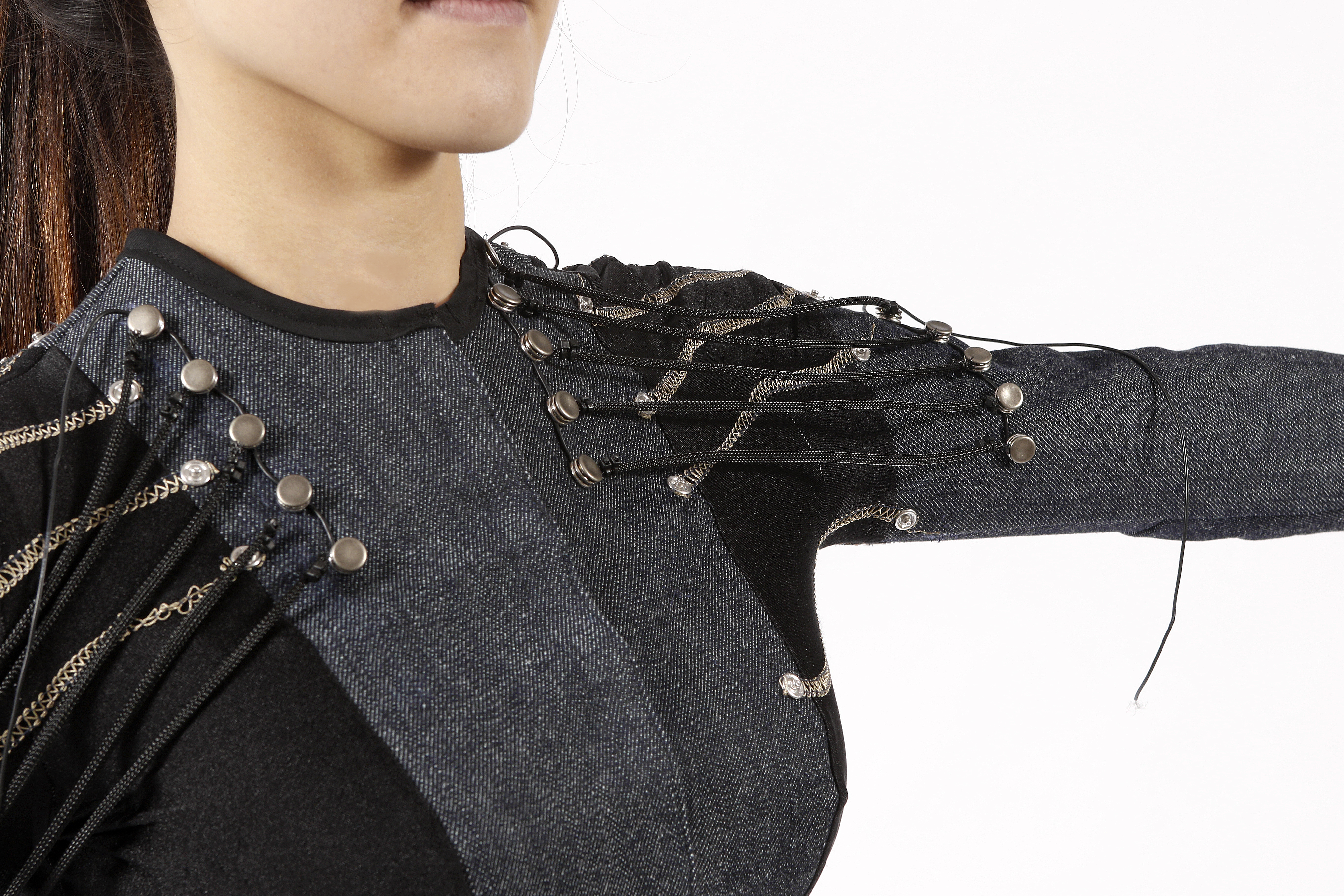
This project focuses on the development of wearable technologies to measure and assist upper-limb mobility in children with mobility impairments. Because mobility impairments in early life can have long-term effects on psychological as well as physical development, it is important both to help children overcome these impairments through assistive technologies and to be able to measure the effect of interventions in everyday movements over long periods of time.
READ MORE
However, most assistive and sensing technologies are bulky and uncomfortable. The project team will develop soft, low-profile sensing and actuating technologies that look and feel like everyday clothing. The wearable systems will be developed and evaluated with a group of 3-12 year old children and their caregivers. This work will contribute to the development of technologies that enable understanding and effects of interventions on mobility impairments, and contribute to the burgeoning smart textiles and clothing industry in the USA.
The approach relies on stitched, textile-based sensing and a hybrid approach of soft inflatable structures and shape-memory fibers to assist limb movements. Learning based activity recognition algorithms will be developed that are robust to differences in body shape and garment-movement error. The atypical movements performed by children with mobility impairments will be recognized, enabling assessment of clinical indicators like range of movement. The actuating component of the proposed system uses soft pneumatic structures to provide counter-gravitational (lift) forces, and Shape Memory Alloy (SMA) spring-type actuators to provide directional control.
Funded by National Science Foundation (grant #1722738)





